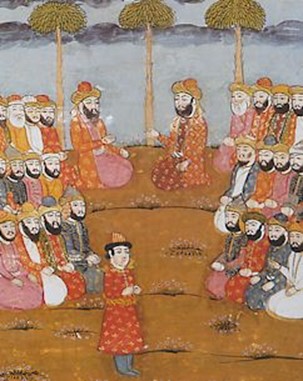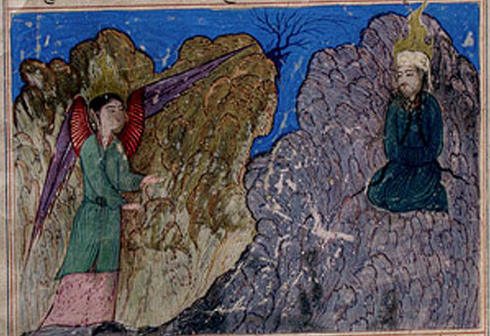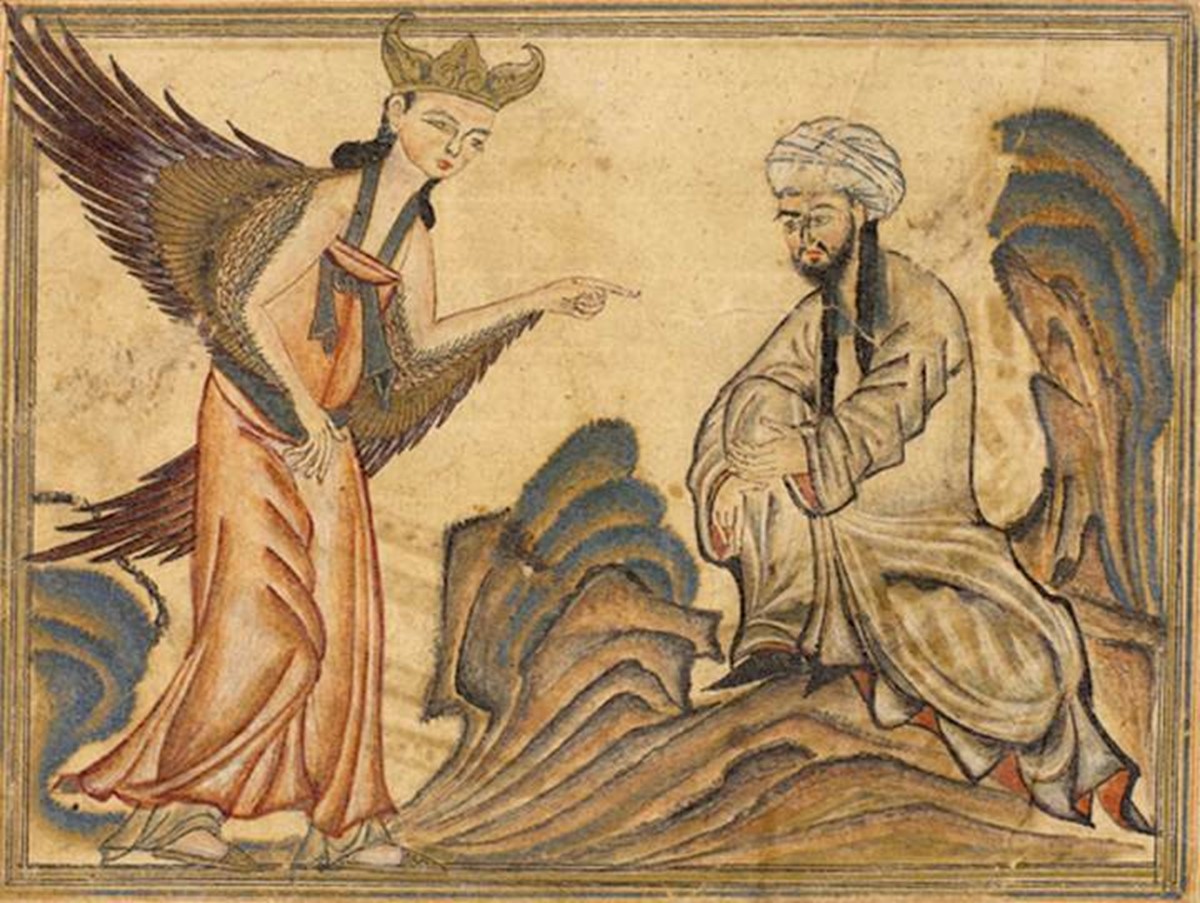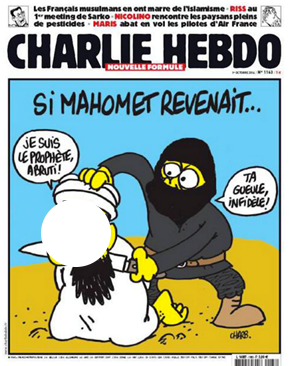
 s
s
 What a strange story. A story of the romance between a high school teacher and a former pupil. A story of the relationship between two drinking partners and their love of food. A story of how a friendship between two lonely single people blossoms into a very touching romance. And a story of our mortality. Forget about the vaporous flights of fancy of Bridget Jones. Tsukiko is a Japanese woman fast approaching 40. The Japanese career has consumed Tsukiko's life. Throughout the book, we do not meet any of her friends, the girlfriends that support single women. The closest thing to a friend that we are introduced to is the occasional boyfriend Kojima, a former classmate. Kojima loses out in the end to the old school teacher, Sensei.
What a strange story. A story of the romance between a high school teacher and a former pupil. A story of the relationship between two drinking partners and their love of food. A story of how a friendship between two lonely single people blossoms into a very touching romance. And a story of our mortality. Forget about the vaporous flights of fancy of Bridget Jones. Tsukiko is a Japanese woman fast approaching 40. The Japanese career has consumed Tsukiko's life. Throughout the book, we do not meet any of her friends, the girlfriends that support single women. The closest thing to a friend that we are introduced to is the occasional boyfriend Kojima, a former classmate. Kojima loses out in the end to the old school teacher, Sensei.
The friendship between Sensei and Tsukiko begins when Sensei recognises Tsukiko in a bar. From that chance meeting, a friendship grows, laced with copious alcohol and plates of food. We learn a little about Sensei's life, and we also learn that despite his advanced years, Sensei is considerably fitter than Tsukiko.
At times, I found the reading uncomfortable, I do not want lengthy descriptions of an old man, but that is part of the story, the age difference between Tsukiko and Sensei. It is an interesting read, a beautifully crafted love story with a slow fuse, and an ending that is to be expected. Worth reading.



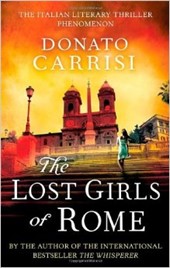 Initially I bought this as an audio book because Audible ad a two for one offer. But I eventually succumbed to buying a Kindle version as well. As an audio book it was difficult to listen too, especially when driving. It starts off as two separate stories, completely unconnected, and then a third story is added later in the book. So now we have the story of Marcus, a man with no memory investigating the disappearance of Lara an architecture student, the story of Sandra, who is trying to find out why her husband died 6 months previously and the story of the hunter, a man with no name on the trail of "The Transformist", a mysterious serial killer. Some reviewers have likened the work to that of Dan Browne, but this does it a great injustice. OK, so there is a secret society, the Penitenzeri. Very Dan Browne. A society dedicated to documenting evil, and whose members are Roman Catholic priests. But this is a dying society, phased out by the modern Church. All that remains are a few individuals. Not very Dan Browne, for Mr Browne wants the Church to remain as a mythical superpower of evil.
Initially I bought this as an audio book because Audible ad a two for one offer. But I eventually succumbed to buying a Kindle version as well. As an audio book it was difficult to listen too, especially when driving. It starts off as two separate stories, completely unconnected, and then a third story is added later in the book. So now we have the story of Marcus, a man with no memory investigating the disappearance of Lara an architecture student, the story of Sandra, who is trying to find out why her husband died 6 months previously and the story of the hunter, a man with no name on the trail of "The Transformist", a mysterious serial killer. Some reviewers have likened the work to that of Dan Browne, but this does it a great injustice. OK, so there is a secret society, the Penitenzeri. Very Dan Browne. A society dedicated to documenting evil, and whose members are Roman Catholic priests. But this is a dying society, phased out by the modern Church. All that remains are a few individuals. Not very Dan Browne, for Mr Browne wants the Church to remain as a mythical superpower of evil.


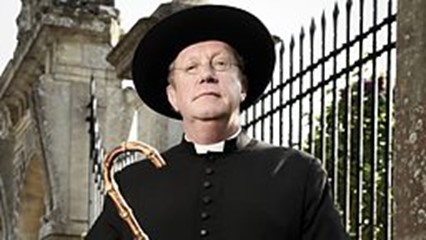 BBC1: Mon-Fri at 14:15 Series 3
BBC1: Mon-Fri at 14:15 Series 3


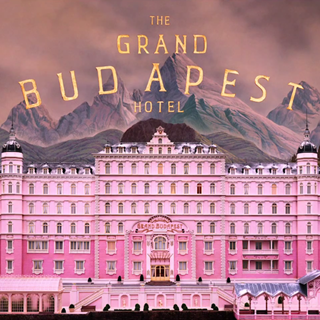 This film is an absolute joy to watch. We saw it when it was first screened and I chose it as my Christmas DVD for watching over the Christmas period. What I enjoyed was its sheer theatricality. So often films concentrate on the long lingering shots so you can read the minds of the characters, or else, there is gut-wrenching reality. But here there was theatre. There was pathos, humanity in all its forms, from the noble to the greedy. Heroes and psychopaths. And a window onto a world that was about to disappear forever, the grand central Europe, where the fabulous Austro-Hungarian empire was about to be annihilated by Hitler, the final boot being put in by Stalin.
This film is an absolute joy to watch. We saw it when it was first screened and I chose it as my Christmas DVD for watching over the Christmas period. What I enjoyed was its sheer theatricality. So often films concentrate on the long lingering shots so you can read the minds of the characters, or else, there is gut-wrenching reality. But here there was theatre. There was pathos, humanity in all its forms, from the noble to the greedy. Heroes and psychopaths. And a window onto a world that was about to disappear forever, the grand central Europe, where the fabulous Austro-Hungarian empire was about to be annihilated by Hitler, the final boot being put in by Stalin.
